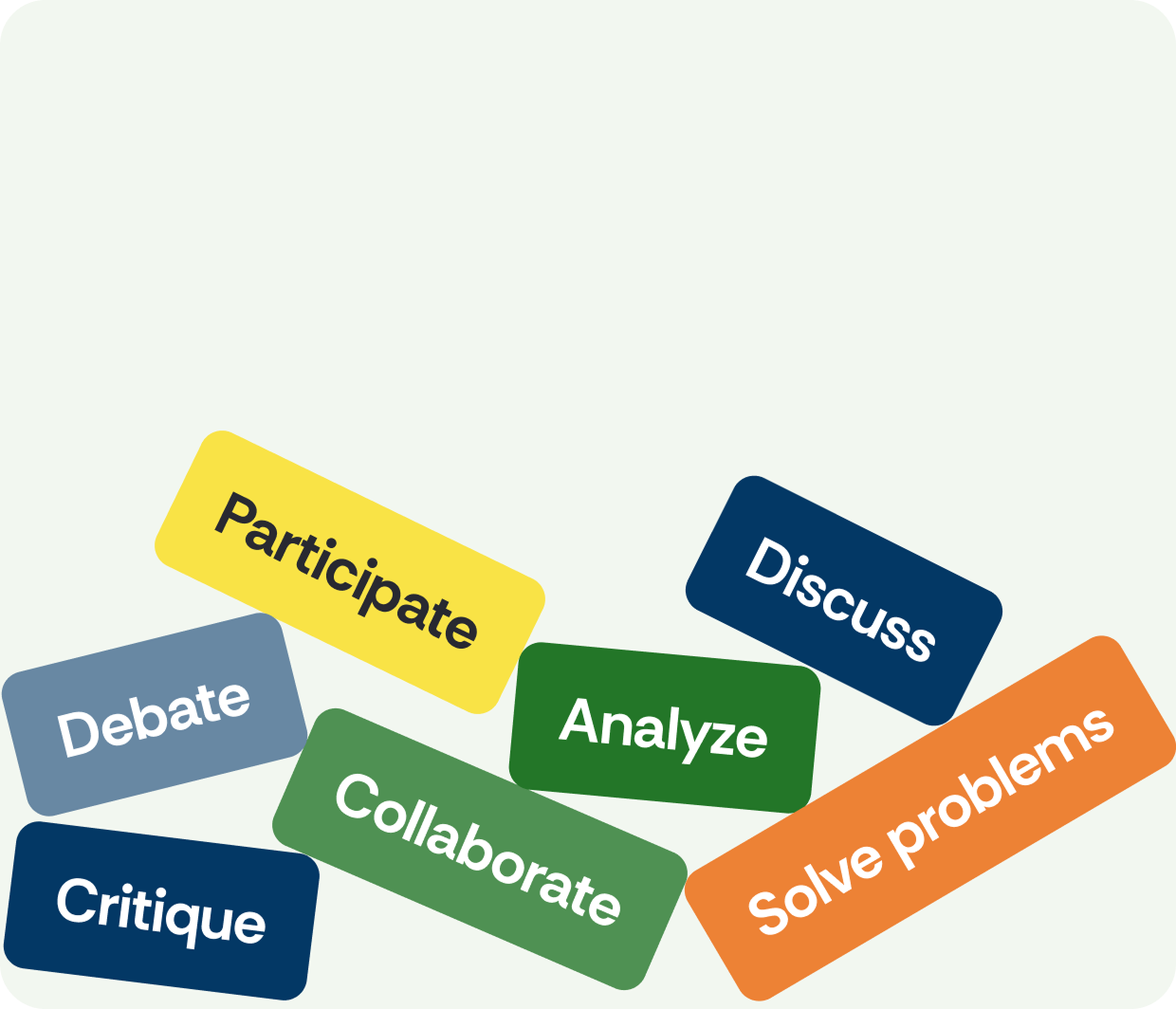Personalizing Growth: Shifting to Competency-Based Education with FeedbackFruits
As more and more students express dissatisfaction with “one-size-fits-all” learning, higher education is at a turning point to find more inclusive and authentic approaches. Competency-based education (CBE) has been identified as an effective model for establishing a personalized, skill-oriented curriculum that emphasizes lifelong learning and mastery of essential skills for the workplace.
However, implementing CBE can be a challenging process, both due to a lack of standards for defining competencies and to technical limitations on scaling the process to large student cohorts, such as difficulties with combining and accessing learner analytics, insufficient configurability of learning tracks and rubrics, and the prioritization of age-based, rather than mastery-based cohorts.
Join this webinar to explore the fundamentals and best practices of CBE and learn how Rotterdam School of Management at Erasmus University (RSM) and FeedbackFruits co-developed Competency-Based Assessment, a flexible pedagogical solution to empower a smooth implementation of CBE in higher education.


What you'll learn
In this webinar, you will learn about:
- Implementing and scaling competency-based education for personalized, skill-oriented learning
- Defining and measuring essential competencies effectively
- Designing and replicating effective, comprehensive rubrics to standardize assessment on a course, faculty, or institution level
- Managing student analytics to create powerful, actionable data visualisations
Meet our speakers
Esra Sertel currently works as a senior Learning Innovation consultant at RSM following a decade-long career as a university instructor. She holds a Ph.D. in Adult Education and Lifelong Learning and is particularly passionate about Transformative Learning. Currently, she is focused on developing a Competency-Based Education approach for RSM.
Maria Uglvig is a product manager at FeedbackFruits. Her path to EdTech started when she was a third-culture kid living in multicultural contexts and took shape when she taught and joined the educational committee at Groningen University. Backed by a pedagogy background, Maria is on a mission to transform education, seeking the power of technology to foster student autonomy, innovate holistic assessment methods, and achieve equity in learning environments.
Preview here
Subscribe to our teaching insights newsletter


